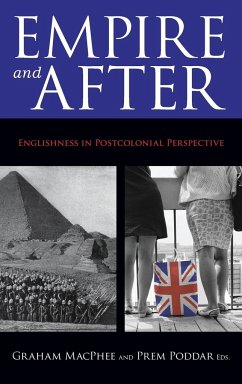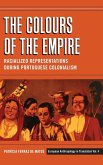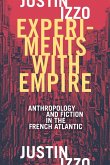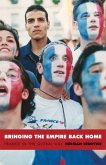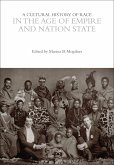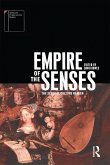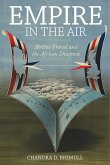The growing debate over British national identity, and the place of "Englishness" within it, raises crucial questions about multiculturalism, postimperial culture and identity, and the past and future histories of globalization. However, discussions of Englishness have too often been limited by insular conceptions of national literature, culture, and history, which serve to erase or marginalize the colonial and postcolonial locations in which British national identity has been articulated. This volume breaks new ground by drawing together a range of disciplinary approaches in order to resituate the relationship between British national identity and Englishness within a global framework. Ranging from the literature and history of empire to analyses of contemporary culture, postcolonial writing, political rhetoric, and postimperial memory after 9/11, this collection demonstrates that far from being parochial or self-involved, the question of Englishness offers an important avenue for thinking about the politics of national identity in our postcolonial and globalized world.
Hinweis: Dieser Artikel kann nur an eine deutsche Lieferadresse ausgeliefert werden.
Hinweis: Dieser Artikel kann nur an eine deutsche Lieferadresse ausgeliefert werden.

